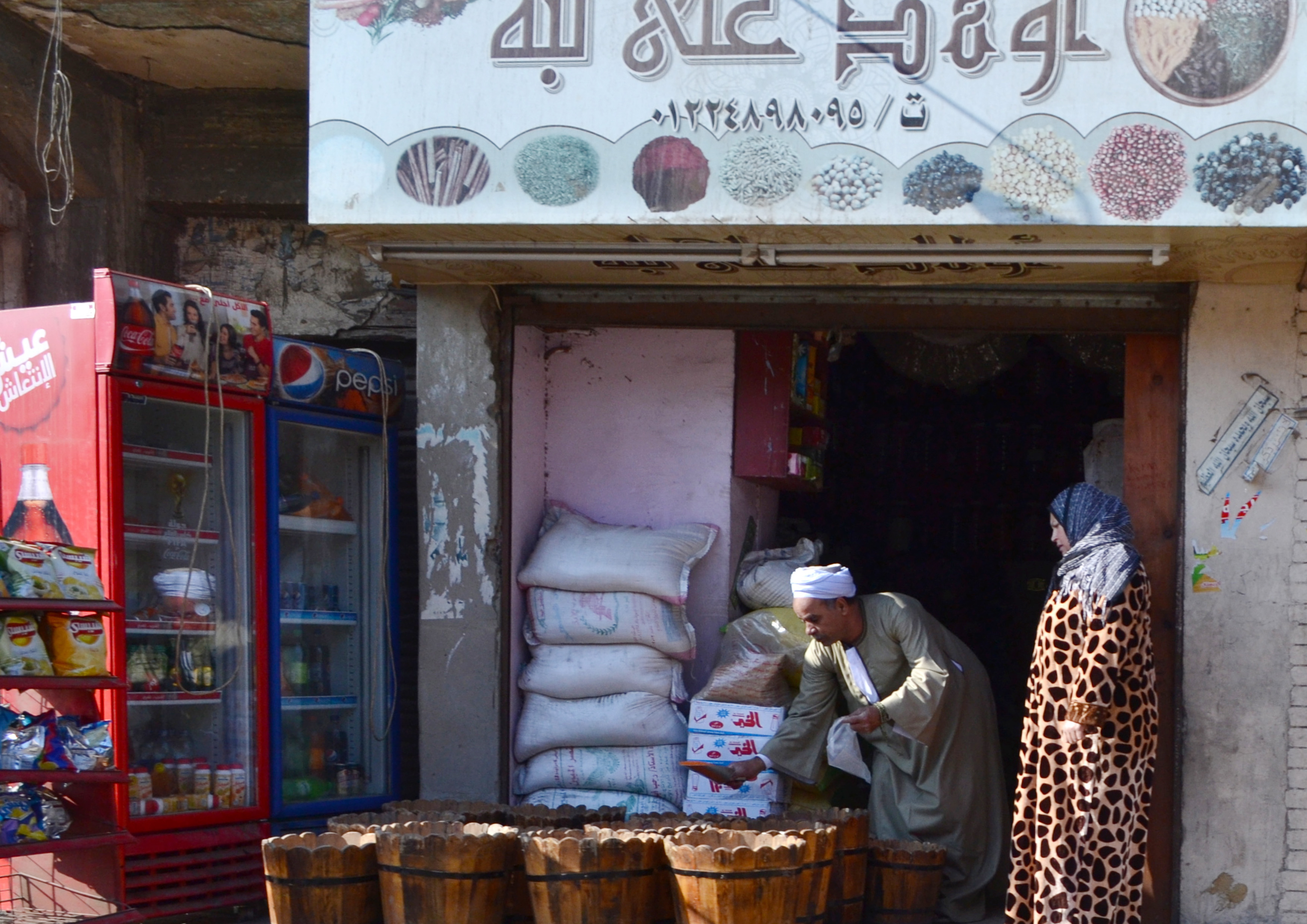Going Green: AUC Featured in Princeton’s Sustainability Guide
By: Sara Mohamed
Follow @saraaashraf3
AUC is the only university outside North America to be featured in The Princeton Review’s 2017 Guide to Green Colleges for three consecutive years – a rating based on the campus’ sustainability initiatives, practices and programs.
The Princeton Review chose only 375 out of 629 surveyed schools to be featured in its guide for college campuses that are the most committed to sustainability.
Academic offerings and career preparation services for students including activities, initiatives and campus policies are points taken into consideration during the process.
The guide also considers the number of sustainability courses that are included in a university’s curriculum.
“Three percent of the students who graduated last semester from AUC took sustainable development courses,” Sustainability Officer Yasmin Mansour told The Caravan.
Mansour added that AUC offers a Master of Science in Sustainable Development (MSC), making it the first university in the Middle East and North Africa (MENA) region to offer this degree.
The detailed online profiles provided in The Princeton Review give college applicants information about each school’s sustainability measures and the benefits of choosing a green college.
“Among more than 10,000 teens and parents who participated
in our 2017 College Hopes & Worries Survey, 64 percent told us that having information about a school’s commitment to the environment would influence their decision to apply to or attend the college,” Robert Franek, The Princeton Review’s Editor-in- Chief, said in the 2017 Edition Press Release in New York.
The guide showcased AUC as being “at the forefront of the sustainability movement in the region” and awarded the University with a top Green Rating score after evaluating its sustainability measures.
“We have the Building Management System (BMS) to control the HVAC (Heating, Ventilation and Air Conditioning) and lighting systems for control during day and night. Such systems contribute to lessen our consumption of energy on campus,” said Mansour.
In light of promoting sustainability on campus, AUC has launched the Research Institute for Sustainable Environments (RISE) in 1979, formerly called The Desert Development Center.
RISE is a nonprofit applied research institution that does not only focus on AUC’s sustainability, but also on the economic, ecological and social sustainability of communities in Egypt’s arid lands.
According to Mansour, as part of the water reduction program, AUC has been using 100 percent treated wastewater when irrigating the campus landscapes since 2014, since treated water helps in reducing the University’s carbon emissions.
“The domestic water comes from the Nile River which means that the water will be pumped around 270 meters up. That takes a lot of electricity,” said Richard Tutwiler, RISE’s research director.
According to AUC’s 2017 Carbon Footprint Report, “the energy needed to pump, process, and deliver treated water is 42 percent less energy than what is required while using domestic water.”
“We implemented low-flow shower heads and filters in almost all of the campus since its reduces the consumption of domestic water. The water pumped from these water efficient appliances is mixed with pressured air to give the sense of the normal water flow although it’s less,” said Mansour.
The Carbon Footprint Report, revealed last April, shows AUC’s ecological trends for the past five years. It includes the annual total emission of significant greenhouse gases into the atmosphere, in respect to daily activities and campus operations.
AUC is the first higher education institution in the Middle East and North Africa to conduct a carbon footprint study of its own impact on climate change.
“We try to teach AUC students the importance of reducing the emission of carbon through events such as Earth Week, campaigns and spreading awareness as much as possible,” Mansour told The Caravan.
AUC promotes sustainability by adopting a policy called High Occupancy Parking (HOP). The policy allows students to waive the parking fees when choosing to carpool with another student.
“I usually prefer to ride with my friend to campus in the morning since not having to pay for the parking ticket is a privilege that AUCians need to make use of. Also, students need to be aware that AUC waives the parking fees when carpooling for a reason which is maintaining our community’s
sustainability,” said Mariam Abo El Makarem, communication and media arts graduating senior.
AUC also promotes sustainability by providing a solid recycling infrastructure on campus. There are 13 full sorting stations and 30 mini-sorting stations around the campus; different bins are labelled with food, aluminum cans, plastic or trash.
“I love that AUC gives us, the students, the opportunity to learn to recycle and actually be part of a sustainability program and this is something that you almost never see anywhere else in Egypt,” said Farah Radwan, integrated marketing communication graduating senior.
Tutwiler added that AUC students can also contribute in developing a more sustainable campus through carpooling, riding the bus and constantly using the campus recycling bins.




